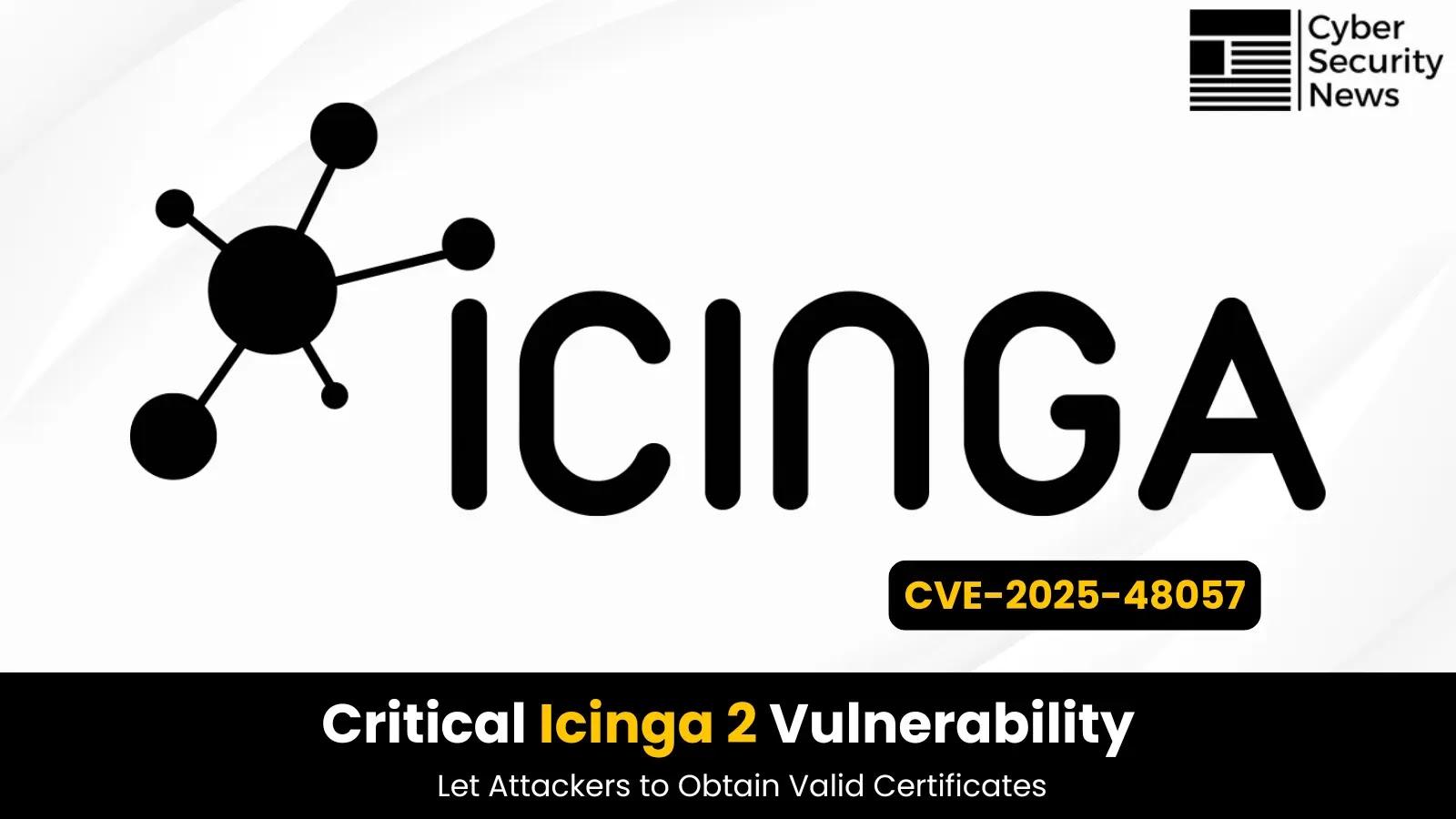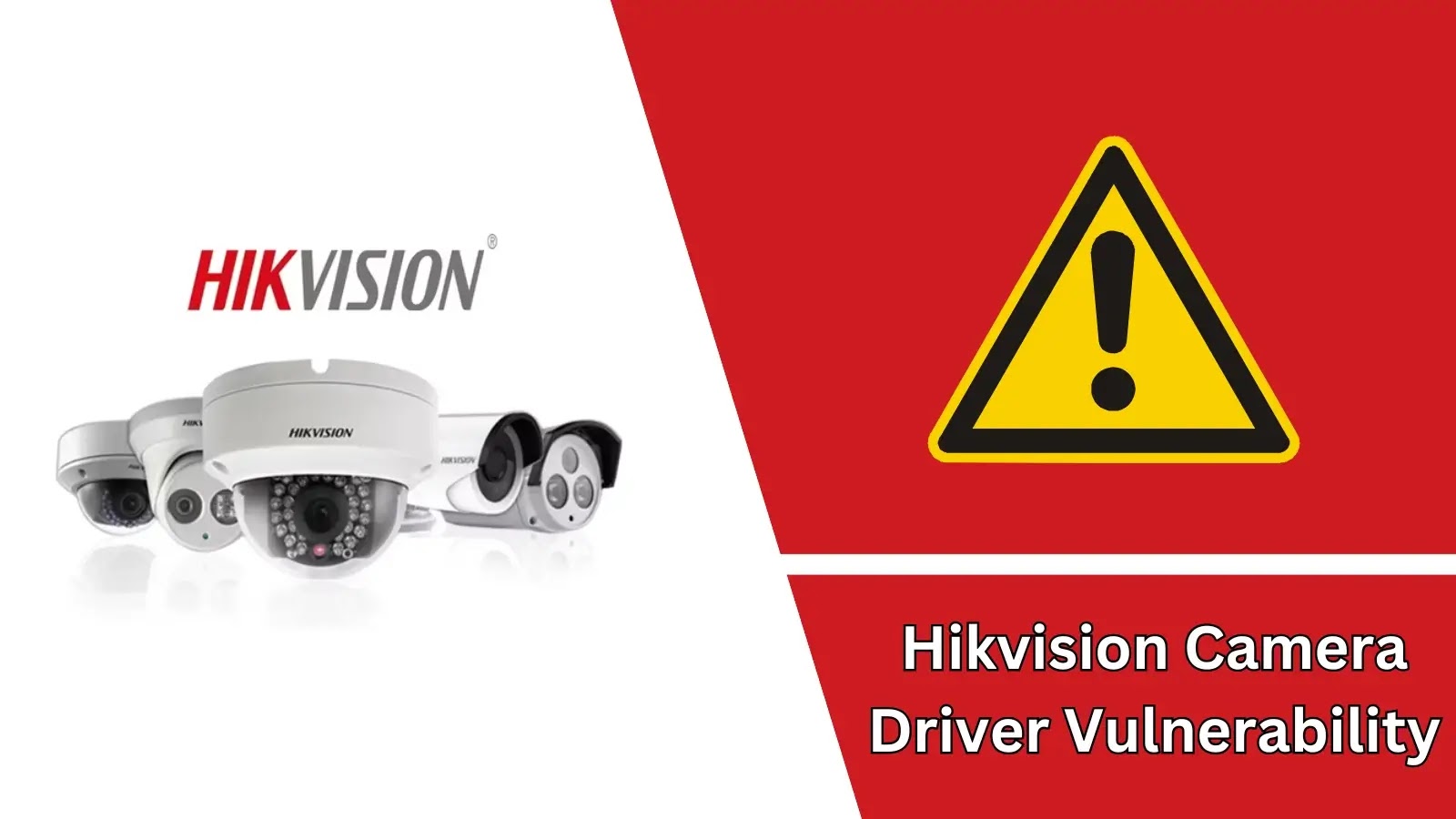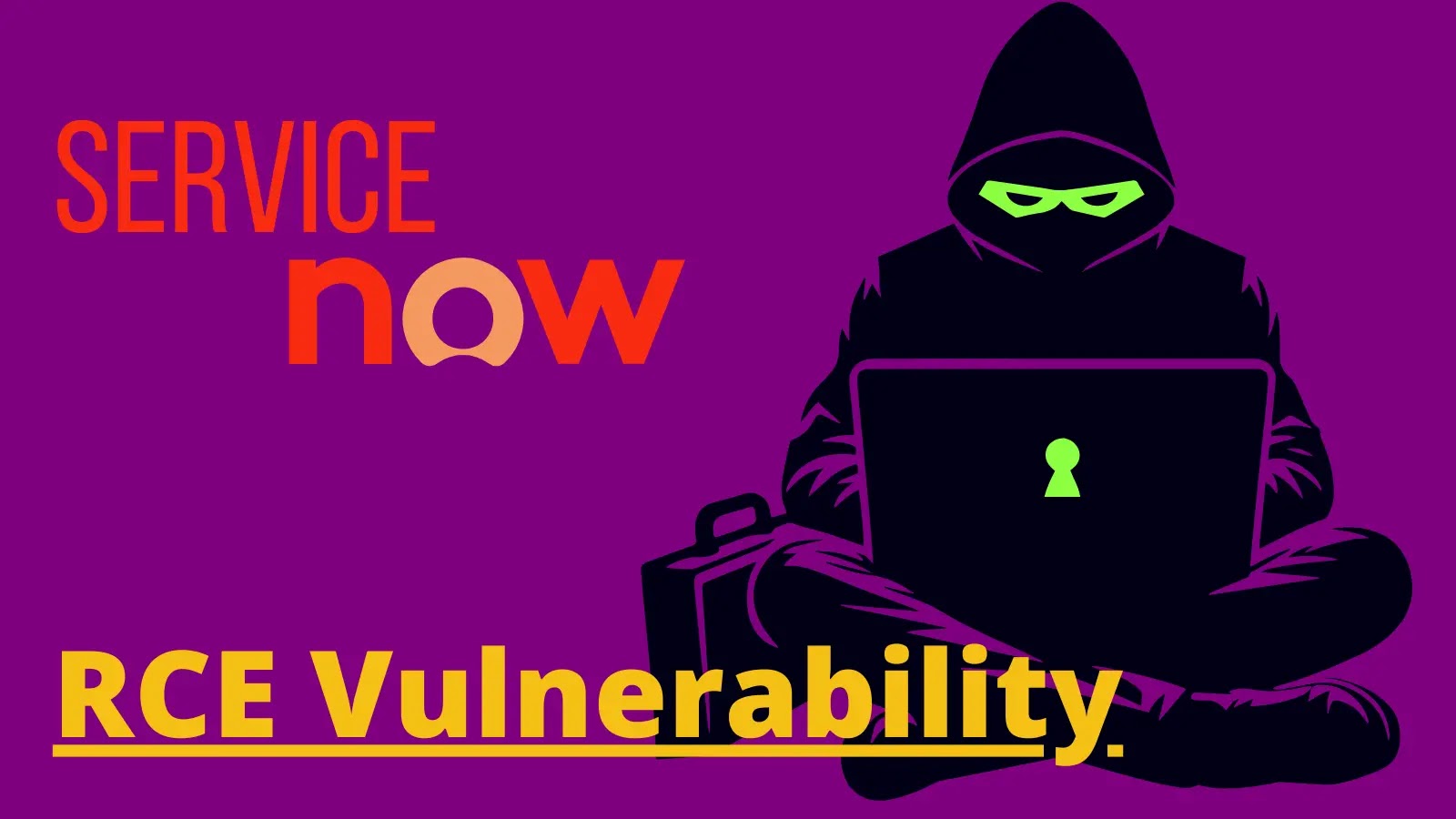A critical security vulnerability discovered in Icinga 2 monitoring systems enables attackers to bypass certificate validation and obtain legitimate certificates for impersonating trusted network nodes.
The flaw, designated CVE-2025-48057 with a CVSS score of 9.3, affects installations built with older OpenSSL versions and has prompted immediate security updates from the Icinga development team.
Organizations running vulnerable systems are urged to apply patches immediately, particularly those using Red Hat Enterprise Linux 7 and Amazon Linux 2 distributions that ship with susceptible OpenSSL versions.
Critical Icinga 2 Vulnerability
The security flaw resides in Icinga 2’s VerifyCertificate() function, which can be manipulated to validate malicious certificates as legitimate incorrectly.
This occurs when attackers send specially crafted certificate requests that the system treats as renewals of existing certificates, ultimately granting the attacker a valid certificate signed by the Icinga Certificate Authority.
The vulnerability stems from a legacy behavior in OpenSSL versions prior to 1.1.0, where a “valid” flag stored within certificate objects could persist between validation operations, causing certain verification steps to be skipped.
When this flag remains set from previous operations, subsequent certificate validations may yield incorrect results, allowing invalid certificates to pass verification.
The impact extends beyond simple certificate forgery, as successful exploitation enables attackers to impersonate trusted cluster nodes, including masters and satellites.
By masquerading as legitimate infrastructure components, malicious actors can supply corrupted configuration updates to other nodes, execute arbitrary commands on remote systems, or extract sensitive monitoring data.
The vulnerability particularly affects distributed monitoring environments where multiple Icinga nodes communicate via TLS-encrypted connections.
Risk FactorsDetailsAffected ProductsIcinga 2 installations compiled with OpenSSL versions older than 1.1.0 which was released in 2016, Red Hat Enterprise Linux 7 (RHEL 7) and Amazon Linux 2ImpactObtain valid certificatesExploit PrerequisitesThe attacker must have direct TLS network access to an Icinga 2 master node capable of signing certificates. No authentication or user interaction is requiredCVSS 3.1 Score9.3 (Critical)
Affected Systems
The vulnerability specifically impacts Icinga 2 installations compiled with OpenSSL versions older than 1.1.0, which was released in 2016.
Administrators can verify their exposure by executing icinga2 –version | grep OpenSSL to check the underlying OpenSSL version.
Systems running Red Hat Enterprise Linux 7 and its derivatives, including Amazon Linux 2, are particularly vulnerable as they ship with OpenSSL 1.0.2 by default.
To exploit this flaw, attackers require direct TLS connectivity to an Icinga master node capable of signing certificates.
While the vulnerability can be triggered on other node types, it only produces incorrect log messages before forwarding requests to the master, where the actual certificate signing occurs.
Icinga has released patched versions 2.14.6, 2.13.12, and 2.12.12 that resolve the certificate validation flaw.
The updates also address an additional use-after-free vulnerability discovered in the same VerifyCertificate() function and include OpenSSL updates for Windows installations.
Organizations should prioritize upgrading master nodes running vulnerable OpenSSL versions immediately, as these represent the primary attack vector.
For environments where immediate patching is not feasible, temporary workarounds include restricting network access to master nodes or temporarily disabling certificate signing by renaming the /var/lib/icinga2/ca directory.
However, the latter approach prevents new node enrollment and certificate renewals, making it suitable only for short-term protection.
Live Credential Theft Attack Unmask & Instant Defense – Free Webinar



